Cumin Seeds
Cumin seeds are widely used in various cuisines around the world for their distinct flavor and aroma. They come from the Cuminum cyminum plant and are available in both whole and ground forms. Here are some of the most common uses of cumin seeds:
- Cooking spice: Cumin seeds are a staple spice in many savory dishes and are used as a key ingredient in various cuisines, including Indian, Mexican, Middle Eastern, and Mediterranean. They have a warm, earthy, and slightly nutty flavor. Cumin seeds can be added whole or ground to dishes such as curries, stews, soups, rice, beans, and vegetable preparations.
- Seasoning: Cumin seeds are commonly used as a seasoning in spice blends and rubs. They can be dry-roasted or toasted in oil to enhance their flavor and aroma before adding them to the dish. Cumin seeds are often combined with other spices like coriander, turmeric, and chili powder to create flavorful seasoning mixes.
- Tadka/tempering: In Indian cuisine, cumin seeds are frequently used for tempering or tadka. This involves frying the seeds in oil or ghee until they release their aroma and become slightly browned. The tempered cumin seeds are then added to dal (lentils), vegetable dishes, or rice to infuse the dish with their rich flavor.
- Bread and baked goods: Cumin seeds are sometimes added to bread dough, such as in Indian naan or Middle Eastern flatbreads, to impart a distinctive flavor. They can also be sprinkled on top of breads or baked goods like crackers for added texture and taste.
- Spice blends: Cumin seeds are an essential ingredient in many spice blends. For example, in Indian cuisine, they are commonly found in garam masala, curry powder, and chaat masala. In Mexican cuisine, cumin seeds are included in chili powder and taco seasoning.
- Herbal remedies: Cumin seeds have been used in traditional medicine for their potential health benefits. They are believed to aid digestion, improve metabolism, and possess antioxidant and anti-inflammatory properties. However, it’s important to note that the medicinal use of cumin seeds should be approached with caution, and consulting a healthcare professional is recommended.
Cumin seeds can be used whole or ground, depending on the recipe and personal preference. Grinding the seeds just before use can enhance their flavor. They are versatile and can add depth and richness to a wide range of dishes.
Cumin seed, which is a spice that comes from the Cuminum cyminum plant, has been used in traditional medicine for centuries. Here are some potential health benefits associated with consuming cumin seed:
- Digestive health: Cumin seed has been shown to improve digestion and alleviate digestive issues such as bloating, gas, and constipation.
- Anti-inflammatory properties: Cumin seed contains compounds that have anti-inflammatory properties, which may help reduce inflammation in the body and alleviate pain.
- Antioxidant properties: Cumin seed contains antioxidants, which can help protect the body’s cells from damage caused by free radicals.
- Blood sugar regulation: Some studies have shown that cumin seed may help regulate blood sugar levels and improve insulin sensitivity.
- Immune system support: Cumin seed contains compounds that may help support the immune system and fight off infections.
- Respiratory health: Cumin seed has been used in traditional medicine to treat respiratory conditions such as asthma and bronchitis.
- Skin health: Cumin seed may help improve skin health by reducing inflammation and promoting wound healing.
It’s important to note that more research is needed to fully understand the potential health benefits of cumin seed. As with any supplement or spice, it’s always a good idea to talk to your healthcare provider before adding it to your diet.

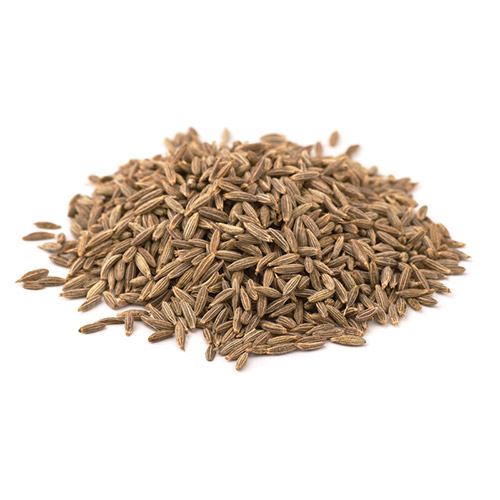
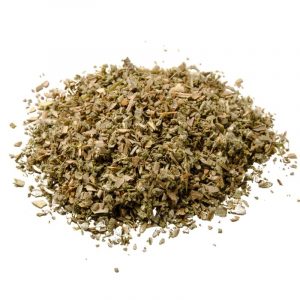
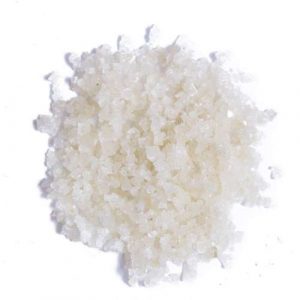
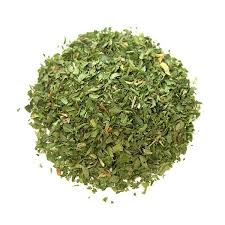
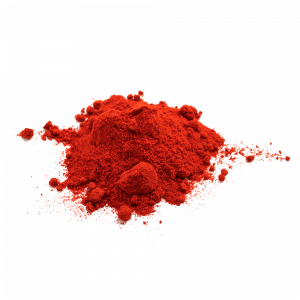

Reviews
There are no reviews yet.